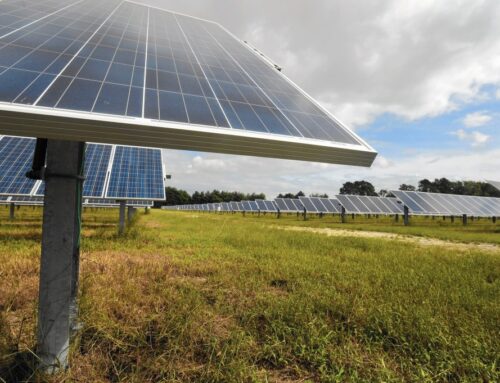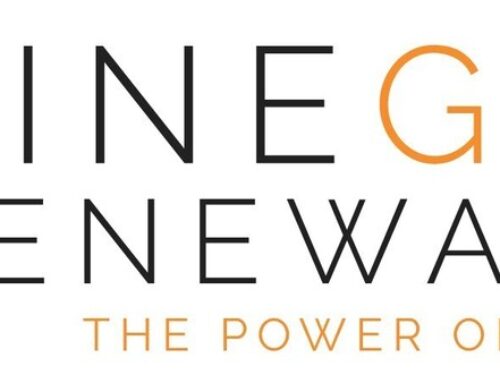Cooperation on the Marine Environment Can Unite the Gulf — Bourse & Bazaar Foundation
November 4, 2025
The Regional Organization for the Protection of the Marine Environment (ROPME) is the only regional body that brings together all eight littoral states surrounding the Persian Gulf. Its member states—Bahrain, Kuwait, Iran, Iraq, Oman, Qatar, Saudi Arabia, and the UAE—share a complex mix of common and competing interests. Beyond their vast oil and gas reserves, the Gulf and the Sea of Oman, collectively known as the ROPME Sea Area (RSA), are rich in rare aquatic and terrestrial resources, drawing sustained international attention.
ROPME was established in early 1979 under Article XVI of the agreement to implement the Kuwait Action Plan and the Kuwait Regional Convention and its protocols. Yet political rivalries and an environment of low trust have often overshadowed its work. Today, however, its role in fostering cooperation is more critical than ever, as mounting environmental challenges demand urgent, coordinated regional action.
The organisation’s primary mandate is to enhance environmental protection through joint action by RSA littoral states. With over four decades of experience, ROPME remains a vital platform deserving greater recognition. Its successes include facilitating the implementation of key protocols to the Kuwait Convention and responding to water pollution incidents through the Marine Emergency Mutual Aid Centre (MEMAC), established in Bahrain in 1982. Nevertheless, when measured against its mandate, ROPME’s performance has fallen short due to political conflict, weak enforcement, and insufficient financial commitment from its Member States.
Despite the tense political climate after the recent military campaign in Gaza, bilateral and multilateral relationships among Gulf countries have recently expanded. Regional heavyweights Iran and Saudi Arabia, in particular, have repeatedly found pragmatic reasons to engage positively since the resumption of diplomatic ties in 2023. This current wave of positive diplomacy presents a valuable opportunity to strengthen regional cooperation on environmental protection.
The unsustainable development of the Gulf over recent decades has inflicted severe ecological damage on the RSA, creating shared threats for all littoral states. Key challenges include desertification, dust and sandstorms, pollution of water, land and air, the extraction and transportation of fossil fuels, petrochemical activity, and large-scale coastal land reclamation.
Climate change compounds these threats. Rising temperatures, increased evaporation, and more frequent heatwaves further destabilise the Gulf’s semi-enclosed, saline, and already fragile ecosystem. Higher sea temperatures can trigger coral bleaching and fish die-offs, jeopardising food security and the region’s natural wealth.
Meanwhile, Gulf states are investing heavily in coastal development, building artificial islands, ambitious aquaculture projects, and expanding desalination to meet the needs of rapidly growing populations. Over the past decade alone, the population of Gulf countries has increased by roughly 23 million (from around 172 million in 2015 to an estimated 195 million in 2025). The environmental impacts of this rapid growth are transboundary: the littoral states share the same water body and interconnected systems. For example, nutrients used in aquaculture in one country, if left uncontrolled, can devastate mangroves and coral reefs across in the Gulf.
Despite its past achievements, ROPME urgently needs revitalisation—both in its mandate and in the mechanisms that support it. Its agenda must evolve to address emerging challenges such as climate change, adopt a holistic approach to ecosystem management, and expand networks of well-managed marine protected areas. To fulfil this role, ROPME requires stronger technical capacity, enhanced decision-making structures, and sustained political and financial backing from its members.
Historically, ROPME has benefited from the support of partners such as the United Nations Environment Programme (UNEP) and the World Wide Fund for Nature (WWF) in capacity-building and regional studies. Renewed collaboration with regional and international environmental organisations could further reinforce these cooperative foundations.
Encouragingly, most Gulf states are increasingly engaged in sustainability efforts, recognising the economic and strategic benefits of environmental protection for their diversification agendas. They have the financial resources to support regional cooperation through data-sharing, joint pilot projects, and multi-track environmental diplomacy, including informal exchanges between scientists. Grassroots actors across the region are also calling for stronger regional environmental action and cross-border science diplomacy. Encounters between scientists and civil society organisations can generate trust and fresh ideas for expanding interstate environmental cooperation.
To capitalise on this momentum, littoral governments should establish national mechanisms to strengthen engagement with ROPME, involving government agencies, environmental NGOs, and the academic community. Greater participation by the ROPME Secretariat and Member State diplomats in global environmental networks would also expand the organisation’s influence. Building the Secretariat’s technical capacity, particularly in pollution control, climate change mitigation, and adaptation would further improve its effectiveness and value to member states.
If pursued with genuine political will, these initiatives could allow all stakeholders to reap the benefits of a healthier marine ecosystem while mitigating the harmful consequences of environmental degradation for local populations. The present regional climate offers a rare opportunity for Gulf states to renew and deepen their cooperation for the protection of their shared environment.
Photo: Canva
Search
RECENT PRESS RELEASES
Related Post


